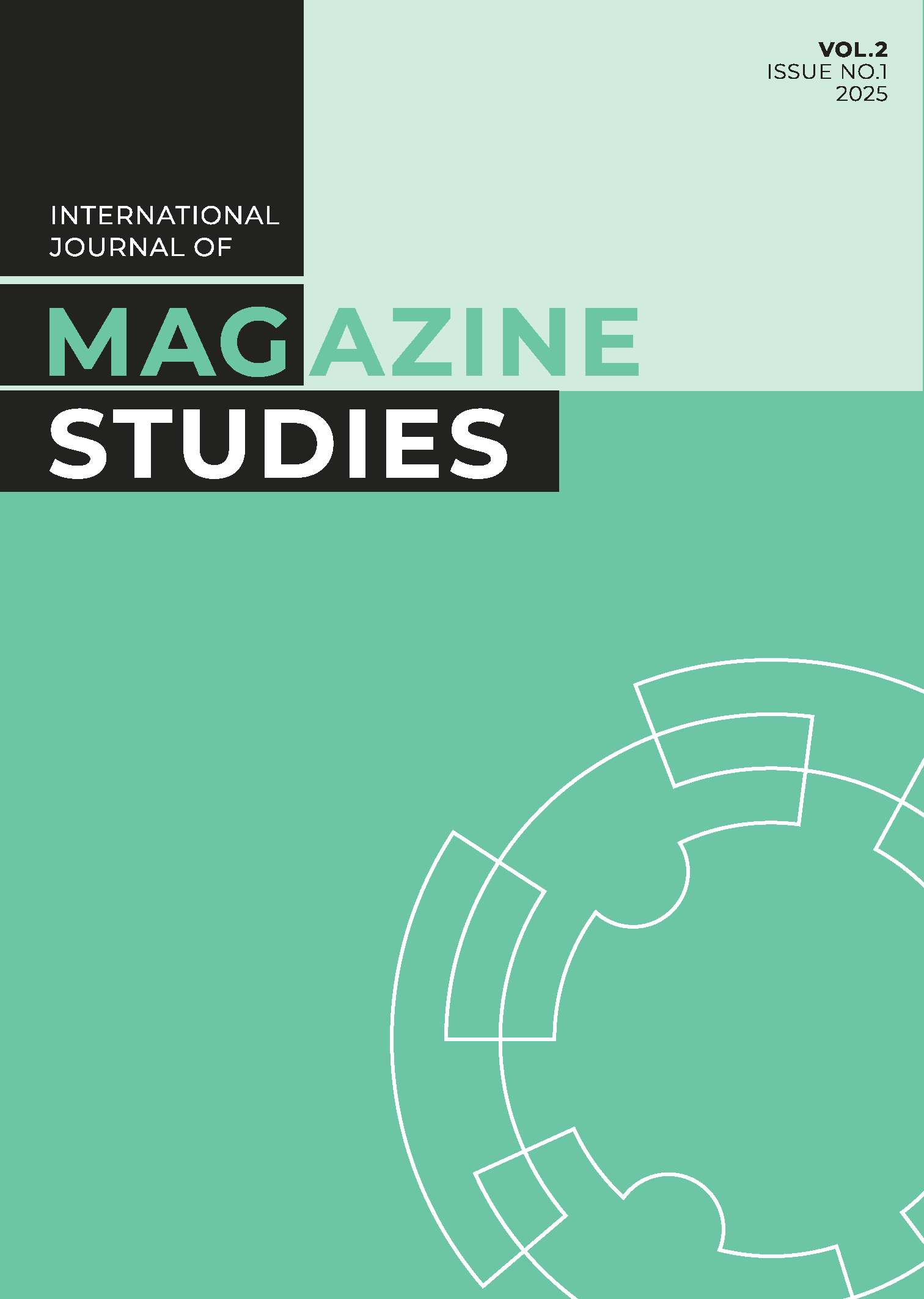Cosmopolitanism in print: The Atlantic vs. The Economist
Resumo
This essay offers an interpretation of the ideal readers of The Atlantic and The Economist magazines as representatives of two kinds of cosmopolitanism: vernacular and Western, respectively. This claim is grounded several sources of evidence: their editorial missions, their content, and their ‘media kits’, commercial documents where the editors promote the publication to potential advertisers. The Economist’s ideal reader is a Western cosmopolitan, often encouraged to hold the torch of liberalism as a civilizatory universal creed. The Atlantic’s implied reader is a vernacular cosmopolitan, concerned with continuing the so-called American experiment by re-creating a national identity marked by diversity. These two understandings of cosmopolitanism have been present in the publications from the outset: The Economist was born to fight protectionism, The Atlantic to end slavery.






